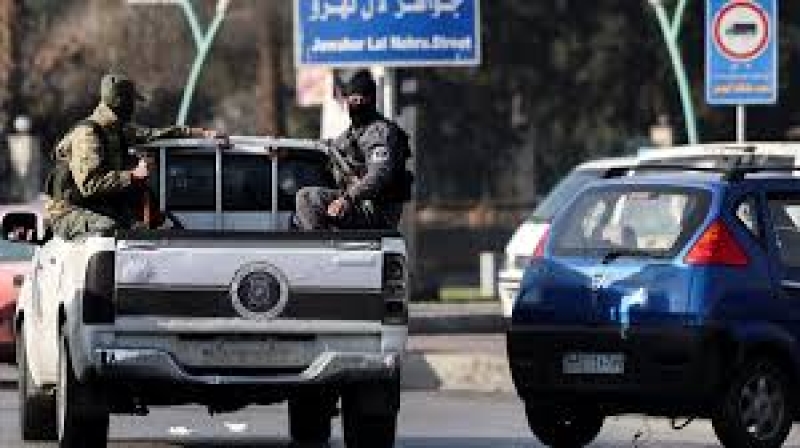- CA Yunus pays homage to Liberation War martyrs on Victory Day |
- Bangladesh capital market extends losing streak for second day |
- Bangladesh celebrates Victory Day Tuesday |
- 'Different govts presented history based on their own ideologies': JU VC |
Syria's New Authorities Launch Operation Against Pro-Assad Militias

Syria’s newly established authorities launched a significant military operation on Thursday targeting militias loyal to ousted President Bashar al-Assad, according to the state news agency SANA.
The operation, which focused on the western province of Tartous, resulted in the deaths of several militia members. While the exact number remains unconfirmed, the assault marks a notable escalation in the ongoing power struggle within the country.
This development follows a deadly clash a day earlier, where pro-Assad forces killed 14 fighters from the rebel group that had led the offensive that ultimately overthrew Assad. The group's actions had been pivotal in the earlier stages of the conflict.
Syria's new Interior Minister, in a statement posted to Telegram, described the attack as an “ambush” and confirmed that 10 others were wounded. He vowed a relentless crackdown on anyone who jeopardizes Syria’s security and peace, signaling a tough stance against insurgent and militia activity.
The Syrian Observatory for Human Rights reported that the rebel forces were targeted while attempting to arrest a former Assad government official. The official is allegedly responsible for issuing execution orders at the infamous Saydnaya prison, a site notorious for widespread abuses.
Syrian Refugees and Returnees
In related news, United Nations High Commissioner for Refugees (UNHCR) Filippo Grandi revealed that over 50,000 refugees have returned to Syria in the past three weeks, with the rate of return gradually increasing. Grandi cautioned, however, that the material conditions inside the country remain grim, stressing the need for further humanitarian aid to support returnees and those still displaced.
This figure marks a significant rise compared to earlier in the year, when the UNHCR verified 34,000 returns during the first eight months. The return of refugees comes amid a prolonged civil war that has forced over 5 million Syrians to flee, with another 7 million displaced within the country. Most refugees sought refuge in neighboring countries, including Turkey, Lebanon, Jordan, Iraq, and Egypt.
Despite the growing numbers of returnees, the UNHCR report highlighted that many refugees remain cautious about returning. Most are choosing to wait, citing concerns over ongoing security risks and the uncertain pace of political stabilization in Syria.

